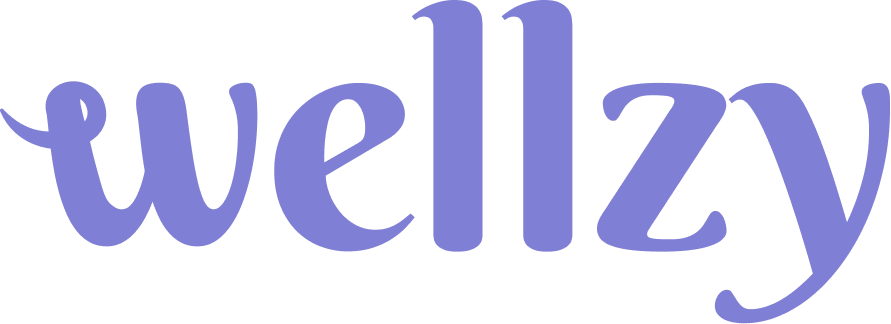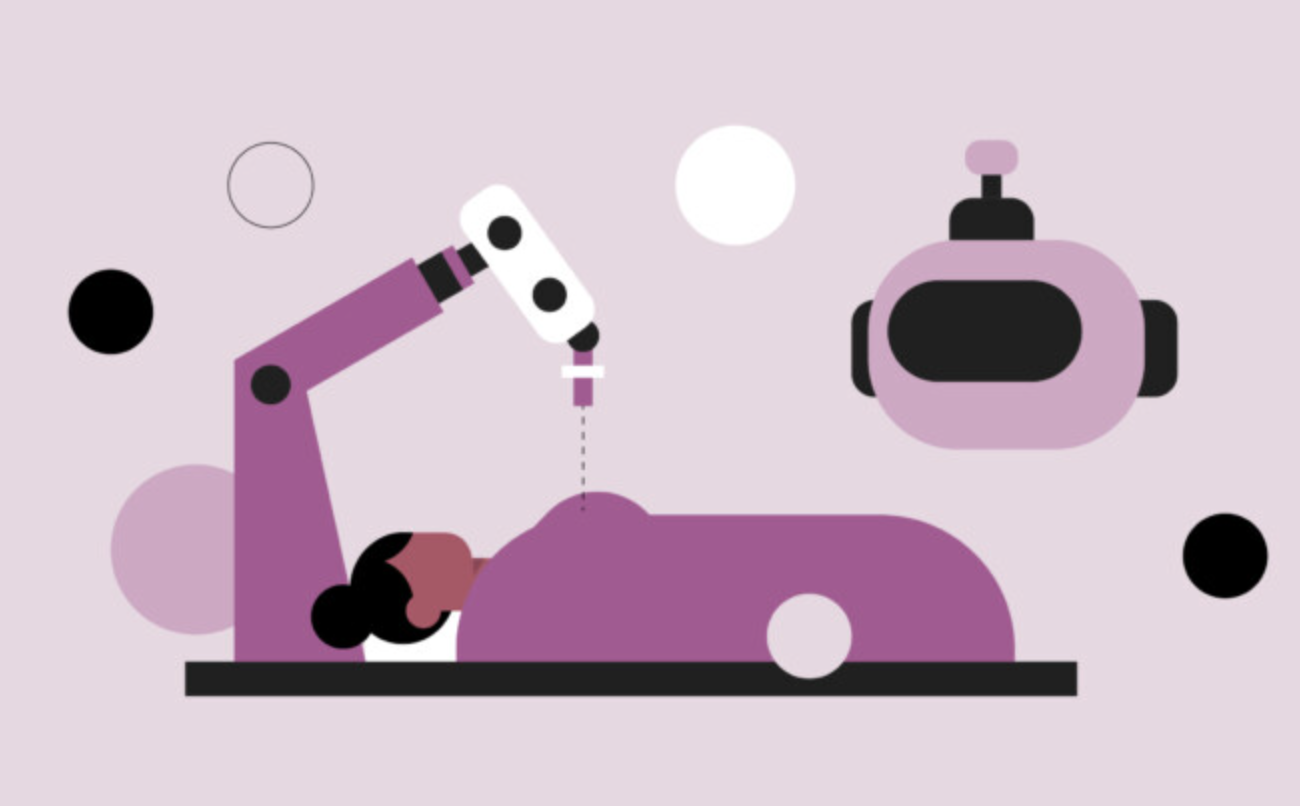Your Personal Mental Health Toolkit: A Step by Step Guide to Finding and Using the Best Free AI Therapist Online
In today's fast paced world, having immediate access to mental health support can feel like a lifeline. Whether you're navigating daily stress, working through challenging emotions, or simply seeking a non judgmental ear, technology has opened up revolutionary possibilities. The emergence of a free AI therapist offers an accessible, private, and immediate form of support that complements traditional care. This guide will walk you through exactly how to find and effectively use an online AI therapist to build a resilient mental health toolkit tailored just for you.
Understanding the Role of an AI Therapist in Your Wellness Journey
An AI therapist is not a replacement for human connection or professional clinical care. Instead, think of it as a powerful supplement to your existing mental health strategies. These digital tools use natural language processing to engage in conversations, provide evidence based techniques like Cognitive Behavioral Therapy (CBT) principles, and offer a safe space to organize your thoughts 24/7. The goal is to provide immediate, judgment free support that can help you manage moments of crisis, practice coping skills, or simply gain clarity. For many, starting with a best personal AI therapist can be a less intimidating first step toward seeking more comprehensive help.
According to the National Institute of Mental Health, utilizing digital health tools can be an effective component of a broader treatment plan. It’s crucial to view AI as part of your toolkit, not the entire toolbox.
Five Steps to Find Your Ideal Free AI Therapist
Not all AI mental health tools are created equal. Finding the right fit requires a bit of research. Follow this step by step process to identify a tool that aligns with your needs.
- Step 1: Define Your Primary Goals
Are you looking for help with anxiety, needing a space for daily reflection, or learning specific coping mechanisms? Clarifying your intent will help you choose an AI with the right focus. Some platforms are geared toward mindfulness, while others offer more structured therapeutic dialogues. - Step 2: Research and Vet the Platform
Look for transparency. A reputable platform will clearly state its purpose, limitations, and data privacy policies. Check if it was developed with input from mental health professionals. Resources like the American Psychological Association often discuss the ethical development of such technologies. - Step 3: Test the User Experience
The best tool is one you'll actually use. Is the interface intuitive? Is the conversation flow natural? Many platforms offer a free trial or a completely free AI therapist tier. Take advantage of this to see if the interaction feels helpful and supportive. - Step 4: Prioritize Your Privacy
Your therapeutic conversations are deeply personal. Ensure the platform uses encryption and has a clear policy on how your data is stored and used. Your privacy is non negotiable. - Step 5: Integrate and Consistency
Consistency is key to seeing benefits. Schedule regular check ins with your online AI therapist, just as you might with a journaling practice. This builds a habit and reinforces the skills you are learning.
Ready to begin your search? You can always try our free AI therapist to experience a supportive, confidential conversation right now.
How to Maximize Your Sessions with an Online AI Therapist
Engaging with an AI is different from talking to a human, but you can get tremendous value by approaching it strategically. Here’s how to make each session count.
- Be Specific and Open: The AI can provide better responses when you share detailed thoughts and feelings. Instead of "I'm stressed," try "I'm feeling stressed about a work deadline tomorrow because I'm worried I won't meet expectations."
- Use It as a Thought Organizer: Struggling with racing thoughts? Use the chat to dump everything on your mind. The act of writing can be cathartic, and the AI can help you identify patterns or core issues.
- Ask for Specific Techniques: Don’t hesitate to ask for help with specific methods. For example, you could prompt: "Can you guide me through a breathing exercise for anxiety?" or "Help me challenge a negative thought I'm having."
- Review Past Conversations: Many platforms save your chat history. Periodically look back to reflect on your progress and notice recurring themes. This can provide powerful insights into your mental health journey.
For a different kind of engagement, you can also explore our therapy games and wellness tools designed to build skills in a more interactive format.
Building a Complete Mental Health Ecosystem
Your best personal AI therapist is most effective when it's part of a larger support system. AI is excellent for immediate support and skill building, but it's not equipped to handle severe mental health crises, diagnose conditions, or provide the nuanced empathy of human connection.
Weave your AI tool into a network of resources:
- Human Support: Maintain connections with friends, family, and support groups.
- Professional Guidance: For diagnosed conditions or deep seated trauma, a licensed therapist is essential. You can use directories like Psychology Today to find therapists near you.
- Crisis Resources: Know the number for the 988 Suicide & Crisis Lifeline. AI is not a crisis intervention tool.
- Educational Content: Supplement your work with reputable information. Organizations like Mental Health America offer excellent resources, and you can always explore our mental health blog for more articles.
Frequently Asked Questions About Free AI Therapists
Is a free AI therapist really confidential?
Reputable platforms prioritize user privacy with encryption and clear data policies. However, it's vital to read their privacy notice thoroughly. Never share highly sensitive information that would be devastating if leaked, and remember that AI conversations may not be protected by the same laws as therapist client privilege.
Can an online AI therapist replace my human therapist?
No. An AI therapist is a supplemental tool. It can provide support between sessions, help you practice techniques, and offer a constant outlet. However, it lacks the human empathy, professional judgment, and ability to manage complex diagnoses that a qualified therapist provides.
How do I know if I've found the best personal AI therapist for me?
You'll know you've found a good fit if you feel comfortable being open, the responses feel genuinely helpful and not robotic, and you consistently look forward to your sessions. It should feel like a useful part of your routine, not a chore.
What are the limitations of using an AI for therapy?
AI cannot build a genuine human relationship, show empathy, or understand complex cultural and personal contexts. It may misinterpret statements and is not suitable for crises. It's a tool for managing and understanding thoughts, not a cure for serious mental illness.
Your Journey Starts Now
Building a robust mental health toolkit is an act of self care. Integrating a free AI therapist can provide you with an accessible, immediate, and private space to navigate your thoughts and build resilience. Remember, the goal is progress, not perfection. By taking this step, you are proactively investing in your wellbeing. Whether you use it for daily check ins, to manage anxiety in the moment, or to clarify your feelings before a therapy session, an online AI therapist can be a powerful ally.
Why not take the first step today? You can start your mental health journey and discover how the right digital support can make a meaningful difference in your life.

